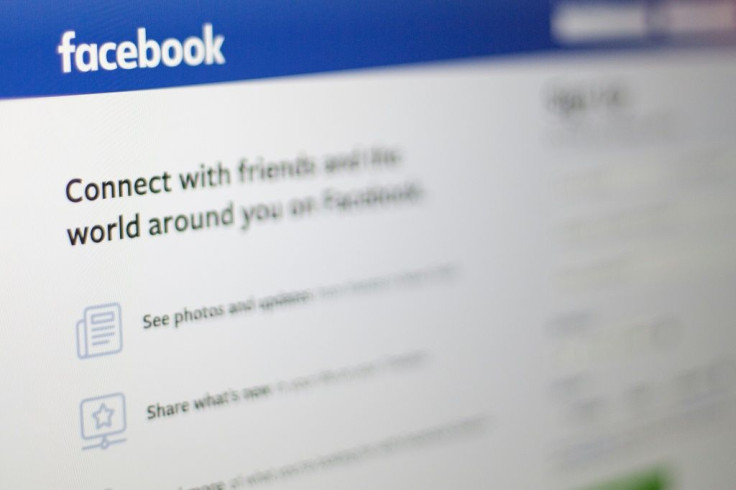Facebook's Role In 2020 Election: Former Employee Embedded With Trump Campaign Now Working To Prevent His Second Term

As social media's role in the 2020 presidential election continues to draw scrutiny, a recent Wall Street Journal report has shed light on one little-known former Facebook employee who changed course in the digital-ad landscape.
James Barnes worked for Facebook during the 2016 election and used his digital-ad skills on the platform to help the Trump campaign catapult to the presidency. Now the social media star works for a progressive nonprofit called Acronym, which aims to prevent Trump from winning a second term.
During his time in the 2016 campaign, then 28-year-old Barnes worked closely with Brad Parscale, who served as the digital media director for Trump's campaign. Pascale now serves as Trump's 2020 campaign manager but won't have the assistance of Barnes.
"I used to describe my job as defending Trump to Facebook and defending Facebook to Trump," Barnes told the Journal. Barnes wanted to help the Trump campaign maximize its reach on the platform, but at the same time, he had to defend Facebook against potential attacks from Trump.
One of Barnes' Facebook strategies was to help the Trump campaign direct its ads towards users who "liked" Trump's Facebook posts. He also helped tailor ads towards different age demographics.
Barnes' social media prowess was so valuable that Trump fundraiser Gary Coby called him the "MVP" of the election. Coby has since taken over Pascale's role as a digital director of Trump's re-election campaign.
Barnes, who left Facebook in the spring, had not been receptive to Trump and even voted for Hillary Clinton. He is now registered as a Democrat.
While at Facebook, he grew concerned about its influence on the political process. Like other staffers, Barnes was wary of Facebook's power and wondered why the company was aiding the Trump campaign.
“It felt really isolating and lonely that I was at the nexus of all of this stuff,” Barnes said of his role at Facebook.
Facebook has seen multiple controversies in recent years, including a major privacy scandal in March 2018 when it was revealed that political consulting firm Cambridge Analytica had mined the personal data of millions of Facebook users. Cambridge Analytica had ties to the Trump campaign and an organization that supports the U.K.'s exit from the European Union. Barnes claims he had spoken to the Securities and Exchange Commission about Facebook's connection to Cambridge Analytica.
An intelligence report conducted after the 2016 presidential campaign revealed that Russian disinformation agents had used social platforms such as Facebook as a means to spread propaganda. The disinformation was often used to malign Democratic candidate Hillary Clinton, whose views on Russian were seen as more hawkish than Trump.
One of the latest controversies involves the platform's lax political ads policy, which allows political candidates and causes to post ads on Facebook without a third-party fact-checker. Facebook CEO Mark Zuckerberg has testified recently to Congress on the issue, where he was forced to defend the company's stance. Social media platform Twitter has decided to ban political advertisements.
© Copyright IBTimes 2024. All rights reserved.





















